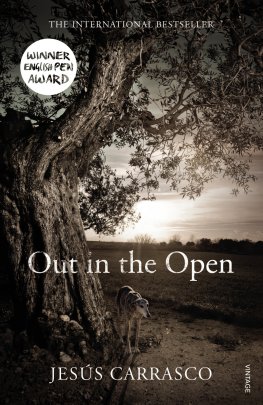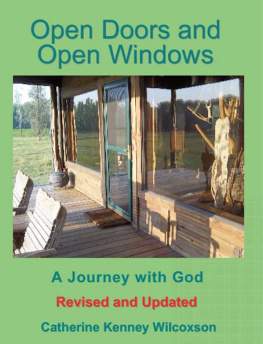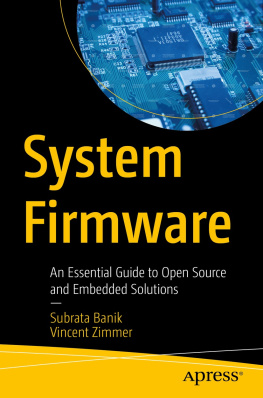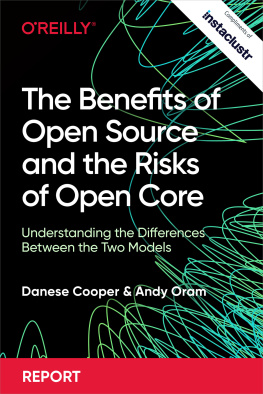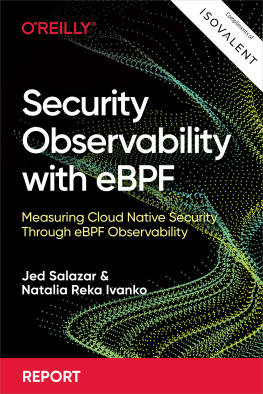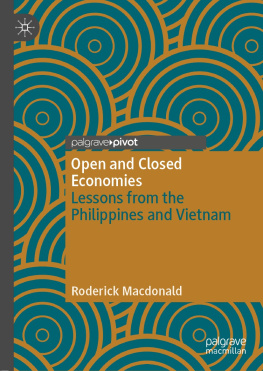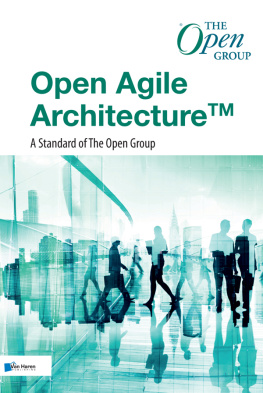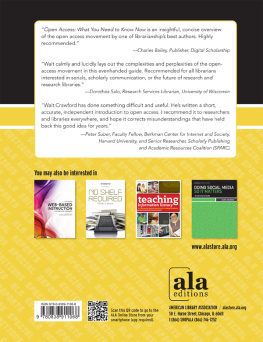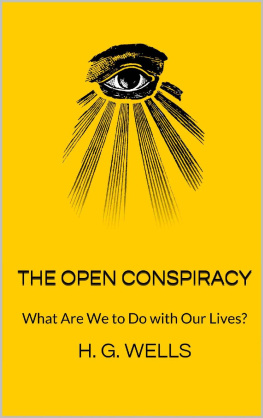Translated from the Hebrew by
Chana Bloch and Chana Kronfeld
A Harvest Book Harcourt, Inc.
ORLANDO AUSTIN NEW YORK SAN DIEGO TORONTO LOND
Compilation copyright 2000 by Yehuda Amichai
Copyright 2000 by Chana Bloch and Chana Kronfeld
All rights reserved. No part of this publication may be reproduced or
transmitted in any form or by any means, electronic or mechanical,
including photocopy, recording, or any information storage and retrieval
system, without permission in writing from the publisher.
Requests for permission to make copies of any part of the work
should be submitted online at www.harcourt.com/contaa or mailed
to the following address: Permissions Department, Harcourt, Inc.,
6277 Sea Harbor Drive, Orlando, Florida 328876777.
The Library of Congress has cataloged the hardcover edition as follows:
Amichai, Yehuda.
[Patuach sagur patuach. English]
Open closed open: poems/Yehuda Amichai; translated from the Hebrew
by Chana Bloch and Chana Kronfeld.
p. cm.
I. Amichai, YehudaTranslations into English.
I. Bloch, Chana, 1940 II. Kronfeld, Chana. III. Title.
PJ5054.A65 P3813 2000
892.4'16dc21 00023537
ISBN -13: 978-0-15-100378-5 ISBN -10: 0-15-100378-5
ISBN -13: 978-0-15-603050-2 (pbk.) ISBN -10: 0-15-603050-0 (pbk.)
Designed by Lon McThomas Buley
Text set in Centaur MT
Printed in the United States of America
First Harvest edition 2006
K J I H G F E D C B A
For my wife, Hana,
and for my children,
Ron, David, and Emmanuella
CONTENTS
The Amen Stone
I Wasn't One of the Six Million:
And What Is My Life Span? Open Closed Open
I Foretell the Days of Yore
The Bible and You, the Bible and You, and Other Midrashim
Once I Wrote Now and in Other Days:
Thus Glory Passes, Thus Pass the Psalms
Gods Change, Prayers Are Here to Stay
David, King of Israel, Is Alive: Thou Art the Man
My Parents' Lodging Place
What Has Always Been
Israeli Travel: Otherness Is All, Otherness Is Love
Evening Promenade on Valley of the Ghosts Street
Summer and the Far End of Prophecy
Houses (Plural); Love (Singular)
The Language of Love and Tea with Roasted Almonds
The Precision of Pain and the Blurriness of Joy:
The Touch of Longing Is Everywhere
In My Life, on My Life
Jewish Travel: Change Is God and Death Is His Prophet
Names, Names, in Other Days and in Our Time
Jerusalem, Jerusalem, Why Jerusalem?
Conferences, Conferences: Malignant Words, Benign Speech
My Son Was Drafted
Autumn, Love, Commercials
And Who Will Remember the Rememberers?
The Jewish Time Bomb
Notes
Acknowledgments
The Amen Stone
On my desk there is a stone with the word "Amen" on it,
a triangular fragment of stone from a Jewish graveyard destroyed
many generations ago. The other fragments, hundreds upon hundreds,
were scattered helter-skelter, and a great yearning,
a longing without end, fills them all:
first name in search of family name, date of death seeks
dead mans birthplace, son's name wishes to locate
name of father, date of birth seeks reunion with soul
that wishes to rest in peace. And until they have found
one another, they will not find perfect rest.
Only this stone lies calmly on my desk and says "Amen."
But now the fragments are gathered up in lovingkindness
by a sad good man. He cleanses them of every blemish,
photographs them one by one, arranges them on the floor
in the great hall, makes each gravestone whole again,
one again: fragment to fragment,
like the resurrection of the dead, a mosaic,
a jigsaw puzzle. Child's play.
I Wasn't One of the Six Million: And What Is My Life Span? Open Closed Open
1
My life is the gardener of my body. The braina hothouse closed tight
with its flowers and plants, alien and odd
in their sensitivity, their terror of becoming extinct.
The facea formal French garden of symmetrical contours
and circular paths of marble with statues and places to rest,
places to touch and smell, to look out from, to lose yourself
in a green maze, and Keep Off and Don't Pick the Flowers.
The upper body above the navelan English park
pretending to be free, no angles, no paving stones, naturelike,
humanlike, in our image, after our likeness,
its arms linking up with the big night all around.
And my lower body, beneath the navelsometimes a nature preserve,
wild, frightening, amazing, an unpreserved preserve,
and sometimes a Japanese garden, concentrated, full of
forethought. And the penis and testes are smooth
polished stones with dark vegetation between them,
precise paths fraught with meaning
and calm reflection. And the teachings of my father
and the commandments of my mother
are birds of chirp and song. And the woman I love
is seasons and changing weather, and the children at play
are my children. And the life my life.
2
I've never been in those places where I've never been
and never will be, I have no share in the infinity of light-years and dark-years,
but the darkness is mine, and the light, and my time
is my own. The sand on the seashorethose infinite grains
are the same sand where I made love in Achziv and Caesarea.
The years of my life I have broken into hours, and the hours into minutes
and seconds and fractions of seconds. These, only these,
are the stars above me
that cannot be numbered.
3
And what is my life span? I'm like a man gone out of Egypt:
the Red Sea parts, I cross on dry land,
two walls of water, on my right hand and on my left.
Pharaoh's army and his horsemen behind me. Before me the desert,
perhaps the Promised Land, too. That is my life span.
4
Open closed open. Before we are born, everything is open
in the universe without us. For as long as we live, everything is closed
within us. And when we die, everything is open again.
Open closed open. That's all we are.
5
What then is my life span? Like shooting a self-portrait.
I set up the camera a few feet away on something stable
(the one thing that's stable in this world),
I decide on a good place to stand, near a tree,
run back to the camera, press the timer,
run back again to that place near the tree,
and I hear the ticking of time, the whirring
like a distant prayer, the click of the shutter like an execution.
That is my life span. God develops the picture
in His big darkroom. And here is the picture:
white hair on my head, eyes tired and heavy,
eyebrows black, like the charred lintels
above the windows in a house that burned down.
My life span is over.
6
I wasn't one of the six million who died in the Shoah,
I wasn't even among the survivors.
And I wasn't one of the six hundred thousand who went out of Egypt.
I came to the Promised Land by sea.
No, I was not in that number, though I still have the fire and the smoke
within me, pillars of fire and pillars of smoke that guide me
by night and by day. I still have inside me the mad search
for emergency exits, for soft places, for the nakedness
of the land, for the escape into weakness and hope,
I still have within me the lust to search for living water
with quiet talk to the rock or with frenzied blows.
Afterwards, silence: no questions, no answers.
Jewish history and world history
grind me between them like two grindstones, sometimes
to a powder. And the solar year and the lunar year
get ahead of each other or fall behind,
leaping, they set my life in perpetual motion.
Next page


